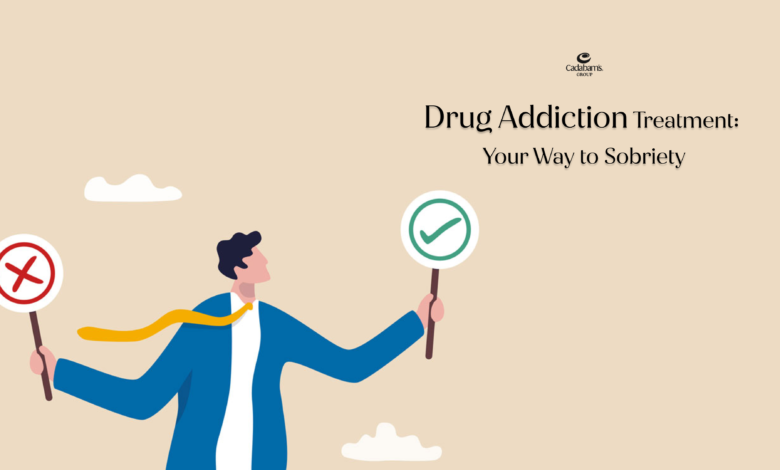Exploring Strategies for Overcoming Drug Addiction: A Compassionate Approach

The journey to recovery begins with a foundational grasp of addiction as a psychological and neurological phenomenon. Addiction is not a simple case of bad choices or lack of self-control; rather, it is a complex condition that is linked to changes in brain chemistry and neuroplasticity. The science of addiction reveals that drugs alter the brain’s reward system, creating a cycle of cravings that makes sobriety challenging but not unattainable. Education on these neural pathways and how they affect behavior is essential for compassion and proper treatment.
Identifying Triggers and Coping Mechanisms
A personalized approach to identifying triggers can be instrumental in preventing relapse. Triggers, such as stress, specific social situations, or emotional upheavals, vary widely among individuals. Once these triggers are identified, effective coping mechanisms can be implemented—a combination of stress management techniques, boundary setting, and healthy habit formation. Tailoring coping strategies to individual circumstances is critical for successful addiction recovery, making therapy sessions dedicated to understanding and mastering triggers a core element of programs at Drug Addiction Rehab Knoxville, TN.
The Role of Therapy and Counseling
Addiction treatment extends beyond mere physical dependency; it also involves intensive therapy and counseling targeting the psychological aspects of this disease. Therapeutic interventions provide:
- The tools for individuals to delve into the root causes of their addiction.
- Often revealing past traumas.
- Unaddressed mental health issues.
- Deep-seated behavioral patterns.
With various modalities at their disposal, including individualized therapy, group sessions, and family counseling, recovery specialists help patients develop healthier coping mechanisms and build resilience against the risk of future substance use.
The Power of Support Groups in Recovery
In the arena of addiction recovery, the seemingly simple act of sharing one’s story can have profound effects. Support groups offer a forum for such exchange, cultivating spaces where individuals can find common ground, draw strength from one another, and share the burdens and victories of their recovery journey. These groups provide not just a sense of belonging but also act as a network of accountability, where the successes of others inspire hope and the realization that one is not alone in their struggle.



